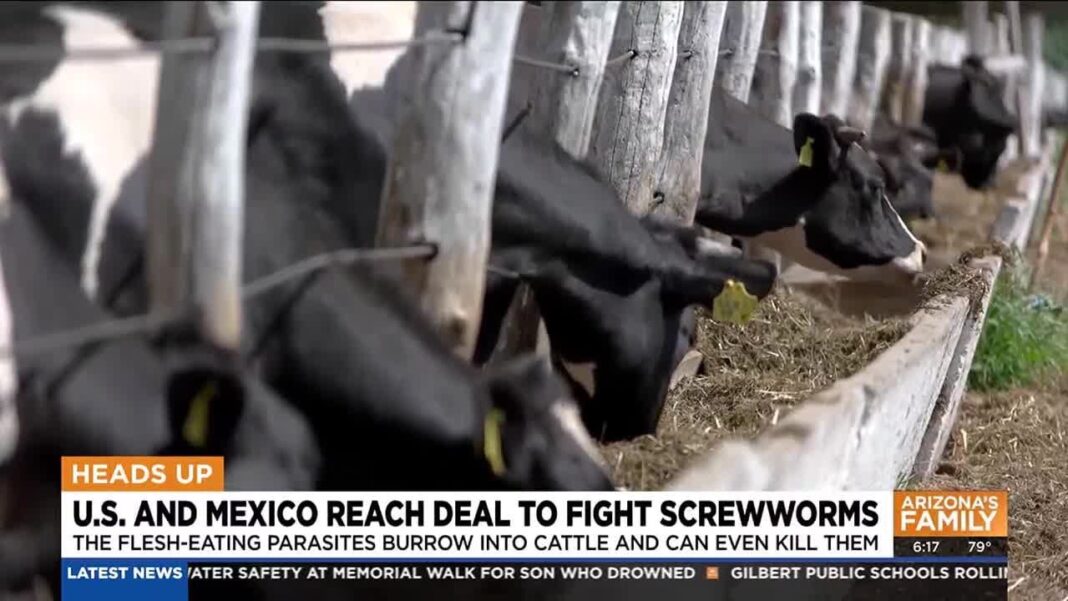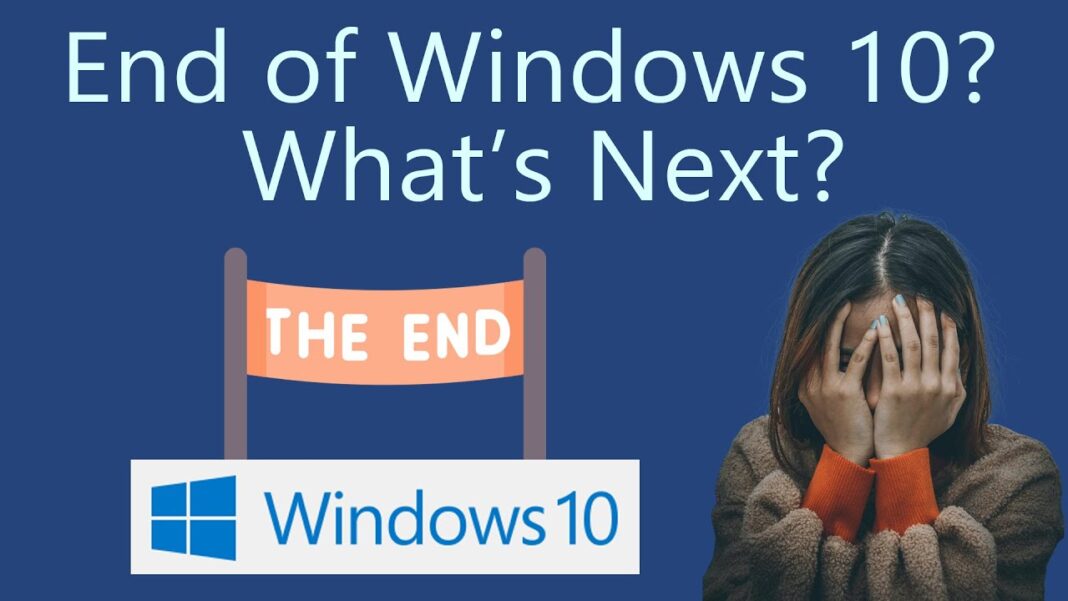
California just found out.
In the world of economics, everybody from academic theorists to Wall Street strategists holds strong, often differing views on a wide variety of topics ranging from tariffs to taxes to the debt ceiling. Simply tune into both CNN Money and Fox Business on the same day, and you will get a glimpse of the field’s intellectual diversity. To a casual observer, it may seem that economists rarely agree on anything.
For decades, one of the most hotly debated topics has been the minimum wage. Streams of data and studies from both sides sway the pendulum back and forth. But every now and then, the evidence speaks so clearly that it cuts through the noise. A new study on California’s recent minimum wage hike may be one such moment.
Economists Jeffrey Clemens, Olivia Edwards, and Jonathan Meer—along with the National Bureau of Economic Research, the influential organization that determines the official start and end of US recessions—just released an analysis of California’s wage increase. Their July 2025 working paper “Did California’s Fast Food Minimum Wage Reduce Employment?” found that the wage hike for the fast-food industry, enacted through Assembly Bill 1228 and effective April 1, 2023, resulted in the loss of approximately 18,000 jobs.
This paper arrives at a crucial moment, as debates over minimum wage policy ripple through political circles, labor unions, and the broader public. While advocates and prominent political figures cite a handful of supportive studies to back their initiatives, critics warn of the long-term consequences. This NBER paper doesn’t just add to the conversation—it directly challenges one of the most enduring economic narratives of the past several decades.
For years, the economic consensus was that raising the minimum wage produces trade-offs—some people benefit from higher pay, while others either have their hours cut or lose their jobs entirely. However, two highly influential papers, among others, challenged this view: Card & Krueger (1994) and Dube, Lester & Reich (2010). These studies, which employed advanced statistical techniques and comparative study methods, argued that there was little to no significant job loss from minimum wage increases. Their findings caused renewed interest in the minimum wage debate and sparked a wave of policies such as Seattle’s minimum wage experiment and the broader “Fight for $15” movement.
The problem with many of these studies, however, is that they focus too narrowly on short-term employment effects—often overlooking more subtle business responses. Firms may respond by reducing future hiring, trimming employee benefits, or shifting toward automation. These trade-offs may not appear in headline employment data but can still reshape the labor market in diffuse and less visible ways.
As Nobel laureate Milton Friedman argued decades ago, businesses must offset increased cost of labor somehow. These adjustments take various forms not easily visible in traditional metrics. To borrow an old economics adage: “There is no such thing as a free lunch.” The cost of minimum wage increases may be hard to measure directly—but the trade-offs are real and often borne by the very people the policy is meant to help.
What makes this new NBER paper especially compelling is that its findings align with basic economic reasoning. As The Undercover Economist Tim Harford once explained, sound theory often leads you to the right answer even before the data does. In this case, theory and evidence both lead to the same conclusion: when the cost of labor rises, demand for labor falls. While empirical studies can yield conflicting results depending on the methodology or timeframe used, the California findings reinforce what generations of economists—from classical economists to modern market theorists—have long understood: there’s no escaping trade-offs.
California’s recent experience should serve as a cautionary tale for lawmakers around the country. While increasing the minimum wage may sound helpful, it carries hidden costs that disproportionately affect low-skilled workers, who face the highest risk of being priced out of the labor market.
A review of Seattle’s experience from ten years ago would have demonstrated California’s likely outcome. A 2023 study in Regional Science and Urban Economics revealed that the minimum wage increase in Seattle reduced business establishment in the affected zone, yet boosted business entry in unaffected areas.
Additionally, a widely cited 2017 NBER study found that Seattle’s jump to a $13 minimum wage caused a 9% decrease in work hours for low-wage positions and reduced overall compensation for affected workers, resulting in $125 less monthly earnings.
Seattle’s experience demonstrates how businesses adapt to higher labor costs through strategies including reductions in hours, future hiring reductions, and favoring lower-wage locations.
As the evidence from California suggests, raising wages by government mandate doesn’t guarantee prosperity. It often just changes who gets left behind.







